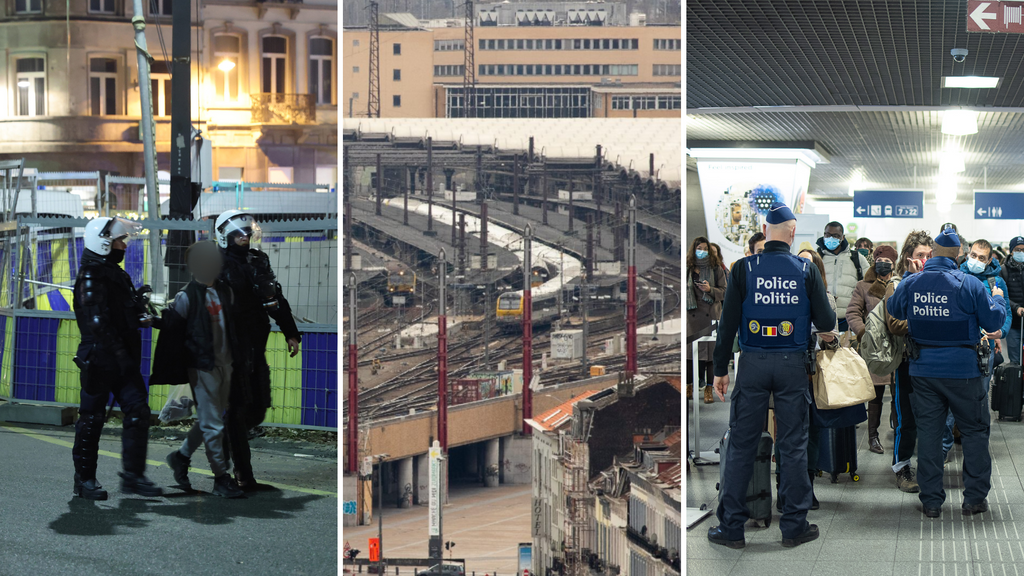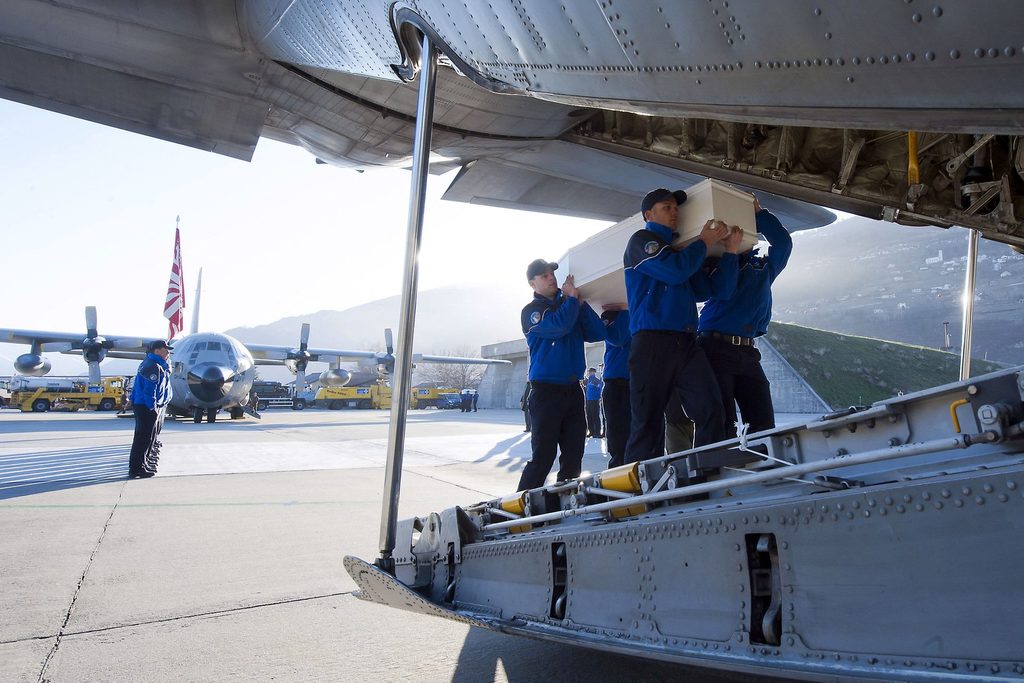As Europe tries to resuscitate its international rail network with trains connecting major cities of the world's most popular tourist region, a growing number of companies are looking to the budget airline model as a blueprint for a rail system fit for the future.
Making prices competitive and carriages comfortable are priorities for operators trying to make the option financially viable. On their side, EU authorities are stepping in with subsidies to give smaller players a chance, as well as harmonising competition laws between Member States.
But despite the surge in demand for rail travel as a practical and efficient means of transport, the local infrastructure that serves rail hubs is an important consideration – particularly for passenger perception of a city. Specifically, the stations where these trains arrive become the first impression for newcomers.
If that happens to be Kings Cross, visitors step out into an impressive terminal that fits into a vibrant, clean and safe part of London. The other Eurostar stops are a little less salubrious however and Brussels Midi is quite a contrast, the environs in a prolonged state of construction though exactly when these will end and what will be the result is less clear.
Aesthetic reservations aside, the site is also not especially accommodating and you'd be best not to spend too much time there after dark. Which is inconvenient given it's the city's main rail hub. With the problems around Midi far from secret, ministers looked into exactly how serious crime rates around the station are.
Their findings revealed that theft, physical assault and drug violence are commonplace, consistently numbering in the hundreds (sometimes thousands) each year. The scale of the issue was framed, perhaps unhelpfully, in comparison to 13 Flemish stations, which collectively have the same number of crimes as Midi alone.
The contrast is distracting and will no doubt feed Flemish perceptions of Brussels as being unclean and unruly, and at worst unsafe. This too, is not an honest reflection of the city but is not without a grain of truth. The grand visions that city planners often apply to other parts of town have so far failed to work their magic here. Meanwhile, the Metro Line 3 project is off schedule and hundreds of millions of euros over budget.
One can't help thinking the money might be better spent overhauling the area and investing in local services and associations that deal with the visible issue of homelessness. As well as not being a welcoming sight for arrivals to the city, stepping up police patrols only highlights the scale of the problem.
Belgium in Brief is a free daily roundup of the top stories to get you through your coffee break conversations. To receive it straight to your inbox every day, sign up below:
1. 'Unacceptable': As much crime in Brussels-Midi as in 13 major Flemish stations combined
Brussels-Midi Station has gained a bad reputation among locals and tourists alike for its growing crime rate, yet new figures show that the situation is much more dramatic than in stations in large Flemish cities. Read more.
2. Nightmare vacations: Rise in repatriations as Belgians holiday abroad
Belgians have regained their wanderlust, with travel abroad rebounding after the pandemic-induced drop. But with the highs come the lows, and the number of tourists that die and need to be repatriated to Belgium is also rising. Read more.
3. Belgians ranked as world's fourth biggest eaters
Belgians are the fourth biggest eaters in the world, consuming far over the daily suggested calorie intake. Read more.
4. BBQ weather? Belgians warned not to keep cooked pasta for more than two days
With the warm weather inspiring people to fire up summer barbecues, the Federal Agency for Food Safety (FASFC) is warning not to keep cold pasta salads in the fridge for more than two days as those who eat it can become "very ill." Read more.
5. Delhaize attempts to win back customers by lowering price of over 100 products
Delhaize is doubling the number of "Little Lions", low-priced basic products under its own label, as part of its plan to win back customers who have stopped doing their weekly shops there – either because of its high prices or its franchising of stores. Read more.
6. Number of foreign doctors in Belgium has doubled
For the first time, over 10,000 foreign doctors are active in Belgium, De Morgen reports, citing figures from the OECD. Read more.
7. Belgium's most wanted criminals evade capture
Belgium is known around the world for its chocolate, beer, waffles, and... criminals? Each year, Belgium's list of wanted suspects grows but some are more actively sought by Belgian authorities, making it onto the infamous “Most Wanted” list. Read more.


